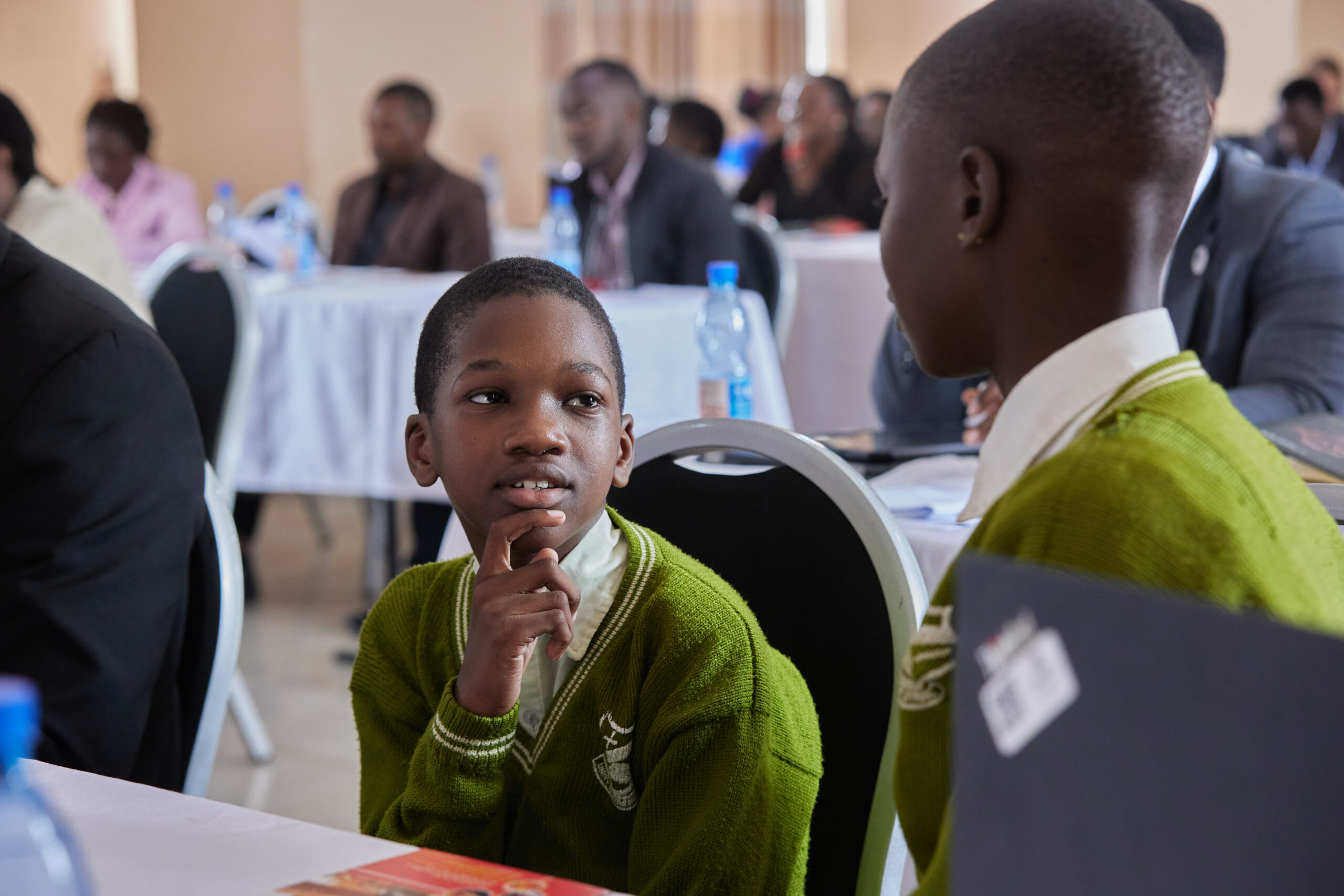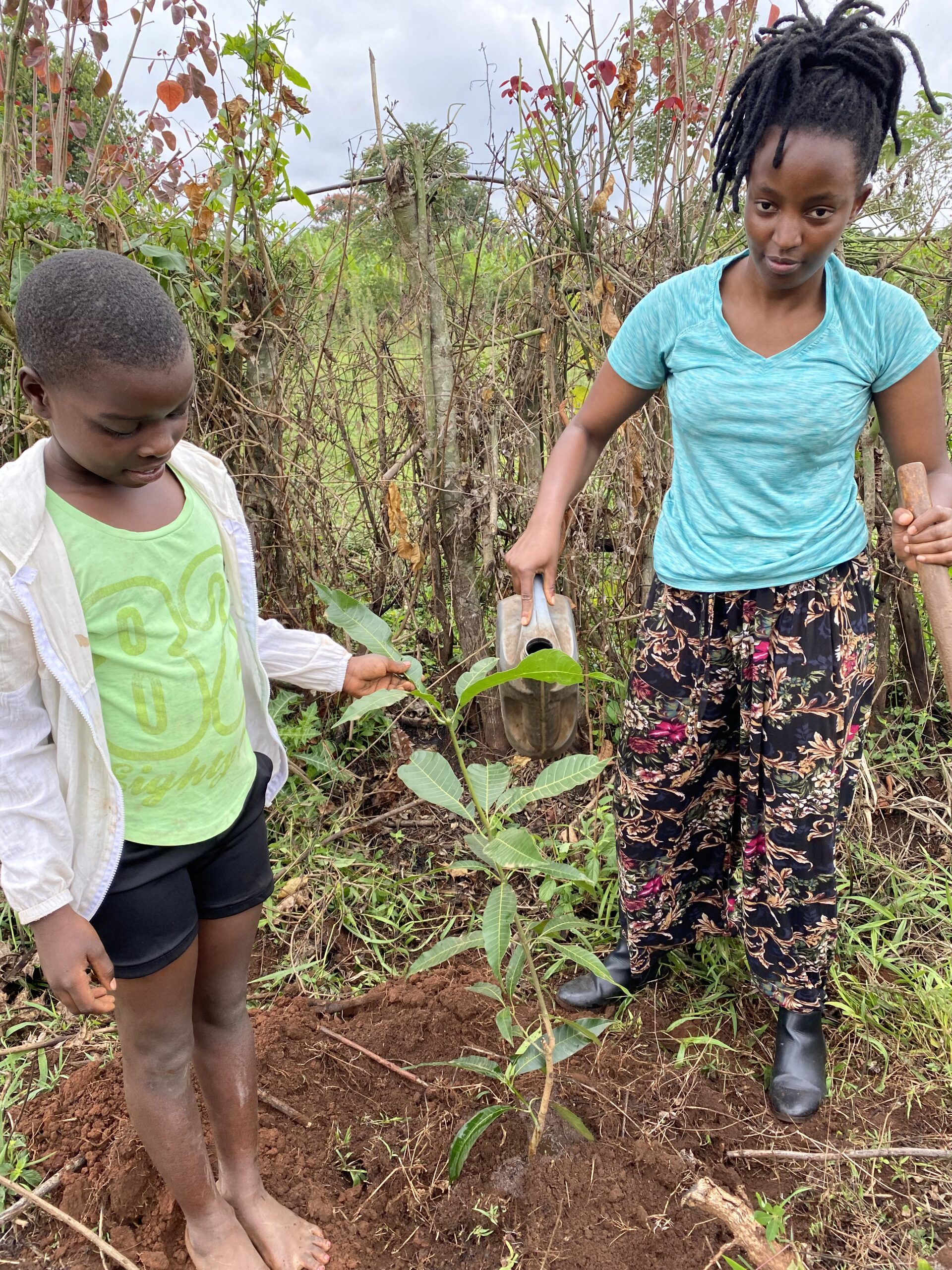School Environmental Clubs Program - Kabarole, Kyenjojo and Kampala
Project Overview
This program focuses on establishing and supporting environmental clubs in schools to cultivate environmental stewardship and sustainable practices among students.

Background
Until two decades ago, there was a common nursery and primary school song in Tooro, with a direct translation of “Yesterday I passed by the beautiful River Mpanga. Because of its beauty, I bent down to wash myself; I washed my head and under my ears. …”. The rhyme highlighted the overwhelming beauty of R. Mpanga, but now, the song has vanished, and you cannot even dare wash yourself in the river.
River Mpanga, originating from the Rwenzori Mountains, is a vital water source for approximately 1.2 million people in western Uganda. As it flows through Fort Portal City, the river faces significant pollution challenges due to urbanisation and inadequate waste management. Studies have revealed alarming levels of silting and contaminants, including heavy metals like arsenic, microplastics, and microbial contamination from effluents such as those from the abattoirs, motor washing bays and homes. These pollutants not only degrade water quality but also increase treatment costs, with the National Water and Sewerage Corporation (NWSC) in Fort Portal reporting increased operational costs for water treatment due to pollution.
Additionally, the river’s flow has been severely affected by human activities. Encroachment, poor agricultural practices, and plastic pollution have led to reduced water flow and quality, impacting both human and ecological health.
Objectives
Community Engagement
Mobilise 1,000 local residents in river clean-up and conservation activities.
Educational Outreach
Conduct 20 community sensitization sessions on proper waste management and river conservation.
Infrastructure Improvement
Collaborate with local authorities to establish proper waste disposal systems and prevent direct discharge into the river.

Target
Residents of Fort Portal City and other districts who rely on River Mpanga for domestic and agricultural water needs.
Local leaders and local government
Local ecosystems and biodiversity dependent on the river’s health.
Expected Outcomes
Improved Water Quality
Achieve significant reductions in pollutant levels, making the water safer for consumption and reducing treatment costs.
Enhanced Public Health
Lower incidence of waterborne diseases linked to river pollution.
Sustainable Practices
Establishment of long-term waste management and river conservation strategies within the community.